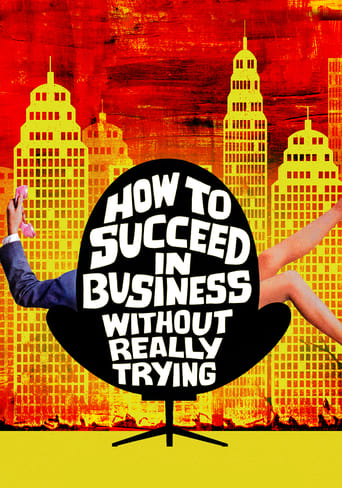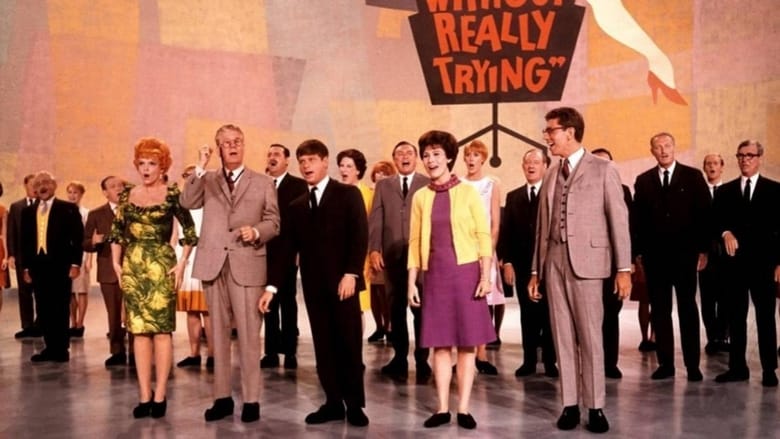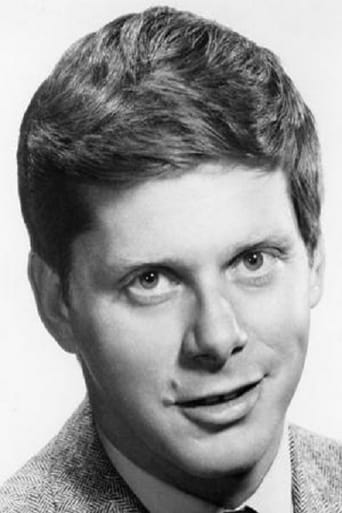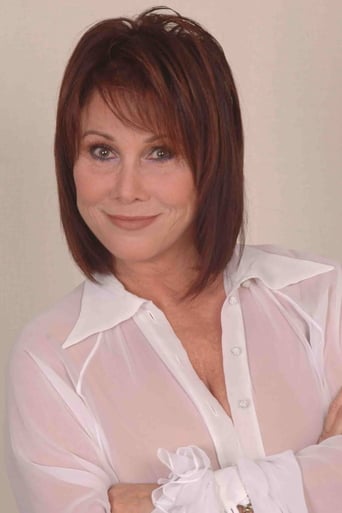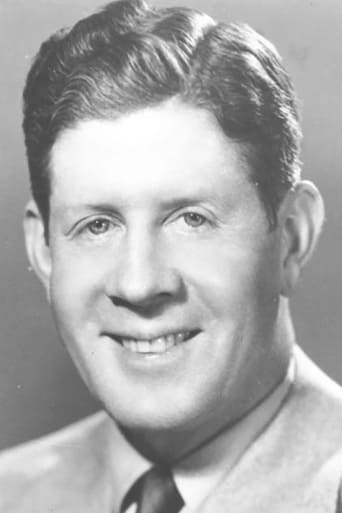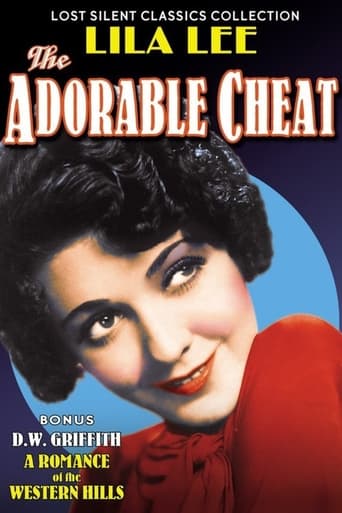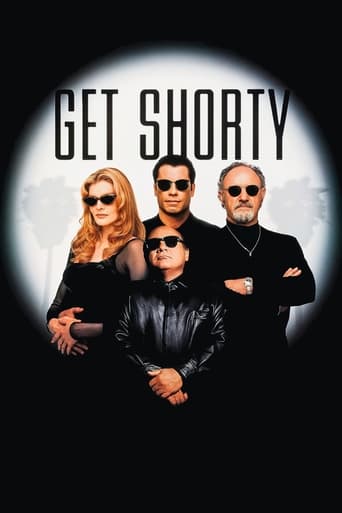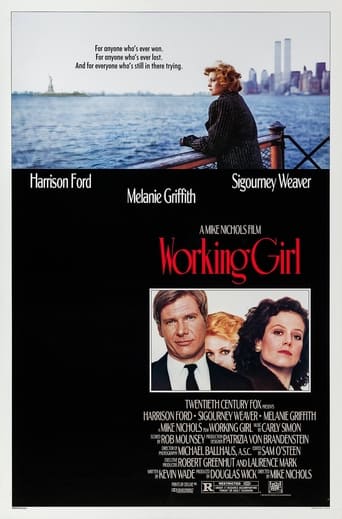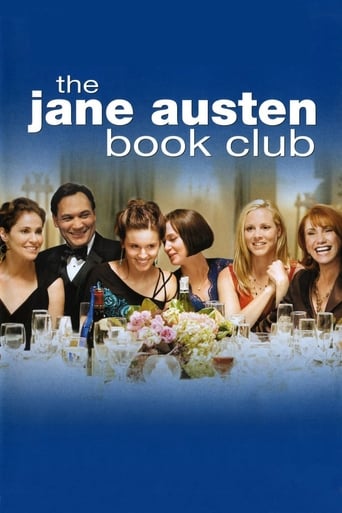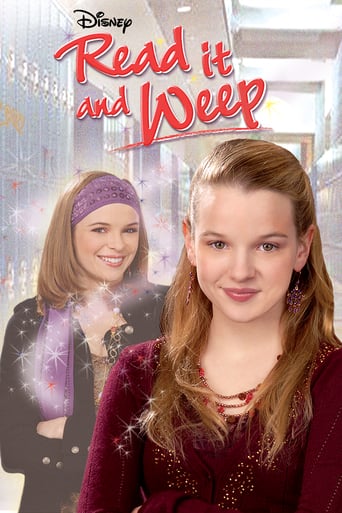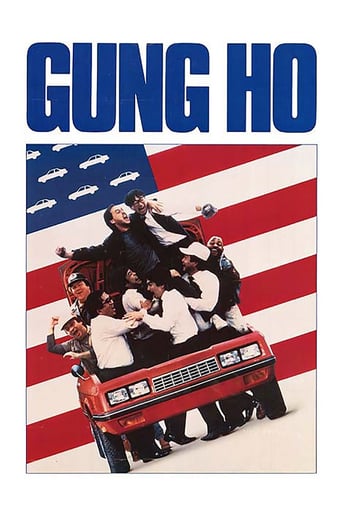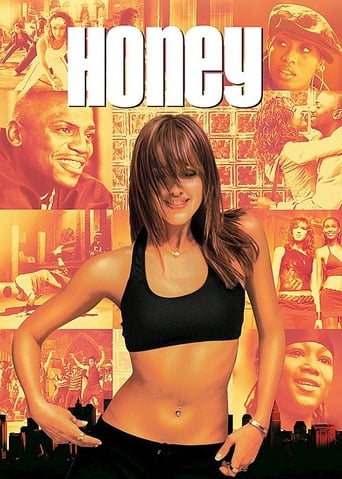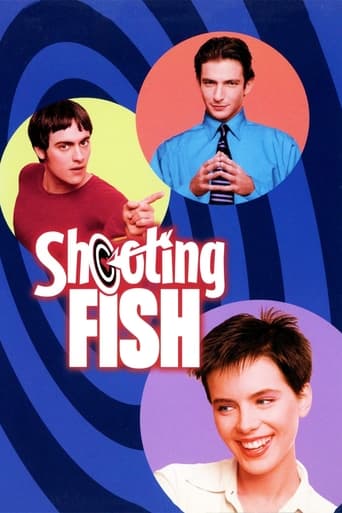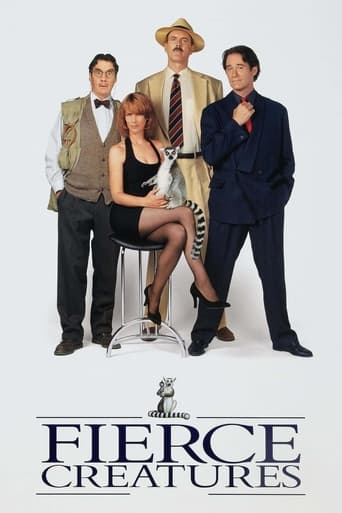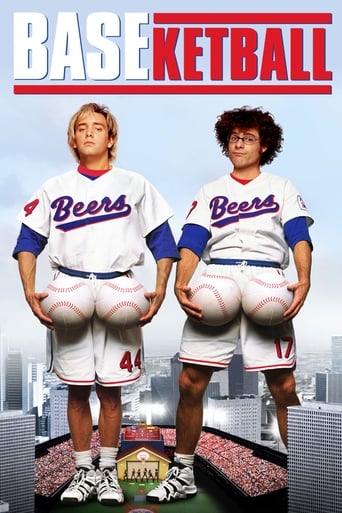How to Succeed in Business Without Really Trying (1967)
A young but bright former window cleaner rises to the top of his company by following the advice of a book about ruthless advancement in business.
Watch Trailer
Free Trial Channels
Cast


Similar titles
Reviews
Slow pace in the most part of the movie.
The movie turns out to be a little better than the average. Starting from a romantic formula often seen in the cinema, it ends in the most predictable (and somewhat bland) way.
One of the film's great tricks is that, for a time, you think it will go down a rabbit hole of unrealistic glorification.
Strong acting helps the film overcome an uncertain premise and create characters that hold our attention absolutely.
J. Pierpont Finch (Robert Morse) is a lowly window washer in NYC. He buys the book "How to Succeed in Business Without Really Trying" and starts following it up the corporate ladder at The World Wide Wicket Company. Secretary Rosemary Pilkington (Michele Lee) tries to be kind to the bumbling Ponty. J.B. Biggley (Rudy Vallee) is the company big boss. Bud Frump (Anthony Teague) is Biggley's incompetent nephew who battles Ponty as his rival. Biggley gets a job for his young squeeze, the dumb bombshell Hedy LaRue.This is definitely still filled with its Broadway musical sensibilities and the age which it's trying to spoof. The workplace jokes don't translate well over the years. The songs aren't very catchy or the least memorable. The dances are not so exciting. The style is particularly dated which is actually a little bit fascinating. Humor is something very peculiar. With the exception of slapstick, it can go out of date from one era to the next. This is like a time capsule to be seen by people for what was funny at a certain time. It's basically a Mad Men satire.
This is an interesting musical. Unlike many movies that were originally Broadway musicals, this film does little to try to make it look like a movie. Instead, it plays a lot like watching a play--complete with many musical and dancing numbers where you can easily see how it was performed on stage. Now this is NOT meant an a negative--just stating how it's almost like watching a filmed version of the play. And, because of this, the sets are often very surreal--like sets from a play that are easily moved and disassembled. And, if you are interested, this play is currently playing on Broadway--with Daniel Radcliff in the revival. I am not sure if tickets are now so expensive because of its star or because it's a darn good musical--but I suspect it's both.The innocuous looking Robert Morse stars in the film (he played the same role on stage previously). He's a very, very cynical young man who used a book entitled "How To Succeed in Business"--and follows it for his meteoric rise through the ranks of a corporation. In fact, in only a matter of days, he moves from the mail room to a vice president...and his stock keeps on rising. Along the way are a lot of peppy and cynical songs--my favorite of which is "A Secretary is NOT a Toy" though "I Believe in You" has become a standard. And, to get ahead, he sucks up, manipulates and lies--all which the movie seems to heartily endorse, as in every case Morse is wildly successful! As a result, it's a funny comedy and ultimate movie for cynics! I thoroughly enjoyed it--and I really don't even like musicals all that much! Apart from good songs, a fun and goofy plot and good acting, the film manages to be entertaining and new. There just aren't any other films like it--and it's a bit surprising that it didn't make Morse a star, as he was very good here. Ironically, he's been brought back to the small screen for a recurring role on "Mad Men"--a drama that seems, at times, inspired by this film.By the way, George Fenneman plays himself. If you wonder why his face is familiar, he was the announcer for the TV show "You Bet Your Life". Also, doesn't the boss' nephew look a LOT like a 1960s version of Napoleon Dynamite?! Look at him yourself--you'll see what I mean.
Don't let the 1967 release date fool you. This is really a 60s musical spoof of the 50s. The book and the original draft of the Broadway version were written in the 1950s, and the Broadway musical came out in 1961. One of the clues of its 50s roots is in the treasure hunt TV show's concern over proving it wasn't rigged -- a reference to the quiz show scandals of the 1950s. I saw the original Broadway show, and had listened to the Broadway cast LP album, when I was a kid. I enjoyed it, but it's so long ago, I can't really compare the two reliably. I do think the Broadway version had more power, and the album seemed to have more music. I see that the movie dropped some numbers of Rosemary's, and gave her the first version of "I Believe in You." This was a big mistake. Finch singing "I Believe in You" to the mirror was the highlight of the show. It was a love song to himself, a sign of his total narcissism. The movie's approach makes it seem like he is thinking of Rosemary, and that Rosemary believes in him. Plus, there is too much dancing around in the men's room while he sings -- he should be looking at himself in the mirror, singing it to himself, as though he is in love with himself. So the movie took some of the edge off; it could have been better. I think it is easier to tell a story like this, absurd and surreal, on stage more easily than in a movie, where the viewer, especially a modern one, expects a bit more realism. You really have to suspend disbelief totally and go along for the ride to enjoy this movie. If you do, you can enjoy it, and really laugh, even thinking about it when it is over. We know where the story is going, but there are enough twists and turns to make it surprising and amusing. It is interesting looking back on this movie so many decades later. There is real wit here, not just gimmicky slapstick, if you pay attention:Finch reading The Book as he begins his day as a window washer: "If you have education, intelligence and ability, so much the better. But remember that thousands have reached the top without any of these qualities."It is humor that stands the test of time, especially in light of what we have seen of Wall Street in recent years -- you get the feeling there are a lot of Finches who have risen to the top without qualifications running the show in many businesses. It is sad, but this movie is an opportunity to laugh at them.The American 50s and 60s were actually pretty hip, and capable of a satirical look at itself. A year after this movie came out, Mel Brooks released The Producers. I see there is a recent revival of the Broadway version of How to Succeed. Robert Morse really defined the part, though he reminds me of a young Jim Carrey. But I don't think he's such a lock, as Zero Mostel was with The Producers. So I think this could be one of the better revivals, if done right. When you watch How to Succeed, at first it seems like a look back at a simpler time of clearly defined male and female roles in the workplace, etc. But really what you are seeing is art making fun of those roles, and the beginning of more modern values, for the 60s were the beginning of our modern world. And in some ways, the 60s were more modern and hip than America is today, for a large portion of America is becoming more conservative, and less willing to laugh at itself. So when you watch How to Succeed, think about some young yuppie climbing the corporate ladder today, and it will all make sense. Of course, Hedy LaRue didn't need The Book to succeed; she had other assets. I've got to add that I loved the scene of Morse dancing down Park Avenue, with a film truck driving alongside him, secretly filming him. New Yorkers are so cool and nonchalant that nearly everyone just ignores him. Maybe they thought he was doing a Teaberry Shuffle ad.And did you notice that World Wide Wickets is abbreviated WWW? Cool.
If the movie seems "dated" today (and it does), it's not just because the men wear tightly tailored narrow-collared gray suits, stovepipe trousers, and short haircuts. It's not the apricot carpets either. It seems dated because now the cynicism that informs it is taken for granted. It's presented as amusing and shocking but a modern audience is likely to shrug and say, "So what?" When I was in college, Macchiavelli, author of "The Prince," an essay on how to manipulate people in order to bend them to your will, was considered a bible of rotten conniving. I recently saw a paperback copy of "The Prince" with a cover illustration. The giant palm of your hand, with "the world" in it. (Read this book and you have the world in the palm of your hands -- get it?) Macchiavelli, the lying, greedy, underhanded suppurating scum, The Prince of Darkness, has become a modern hero.The movie's no longer as shocking as it was in the mid-1960s, but it's still very funny. J. Pierpont Finch (Robert Morse) is a window washer who happens upon a book, "How to Succeed in Business Without Really Trying." By simply following instructions he manages to worm his way into a huge company that manufactures and distributes wickets. He starts in the mail room and rises in a few days to Chairman of the Board through deception and skulduggery. In the last scene he is introduced to the President of the United States.What's a wicket, you ask. Nobody knows. The play doesn't show us any, or describe any, or tell us what they look like or what they do. The business is content-free. I am referring here to the "business" because that's the metaphor used in the story. You can substitute any other bureaucracy that fits the model if you like -- a hospital, a government. The point of the story is the same as that of Macchiavelli's book -- not wickets but power.I don't really want to get into the movie in detail because it would involve giving away too many amusing sight gags and bits of dialog. Much of the success is owed to the smoothly practiced cast. It looks like a filmed play in which the actors know their roles inside and out. Robert Morse is quite good. He's clever but he looks cute in a boyish way, with those gapped incisors. He uses his cuteness as a tool but convinces us that this is part of the character, not the actor. Now, don't get me wrong. I don't personally think he's cute or handsome. I don't know why the secretary, Michelle Lee, falls for him. Why, hell, on a bad day I'm ten times as handsome and cute as Robert Morse. Come to think of it, I'm not sure he's so "cute" after all. Furthermore, when he sings he sounds like Marlene Dietrich did in "Destry Rides Again" when she jiggles her speech organs between thumb and forefinger.The songs are usually sprightly, sometimes sweet, and the lyrics have to be heard to be fully appreciated. One falls a little flat -- The Brotherhood of Man. It works if taken to be meant as the baloney that it so obviously is. None of the tunes is really powerful, though "I Believe In You" is, marginally, a standard today. I'd have enjoyed seeing more vigor in the songs and dances. Bob Fosse would have done wonders with the numbers but then it would have turned the film upside down. The songs are only ancillary. The real story depends on plot and character and doesn't need too much music because it would be a distraction.There are some laugh-out-loud moments in it, and it's well worth seeing.

